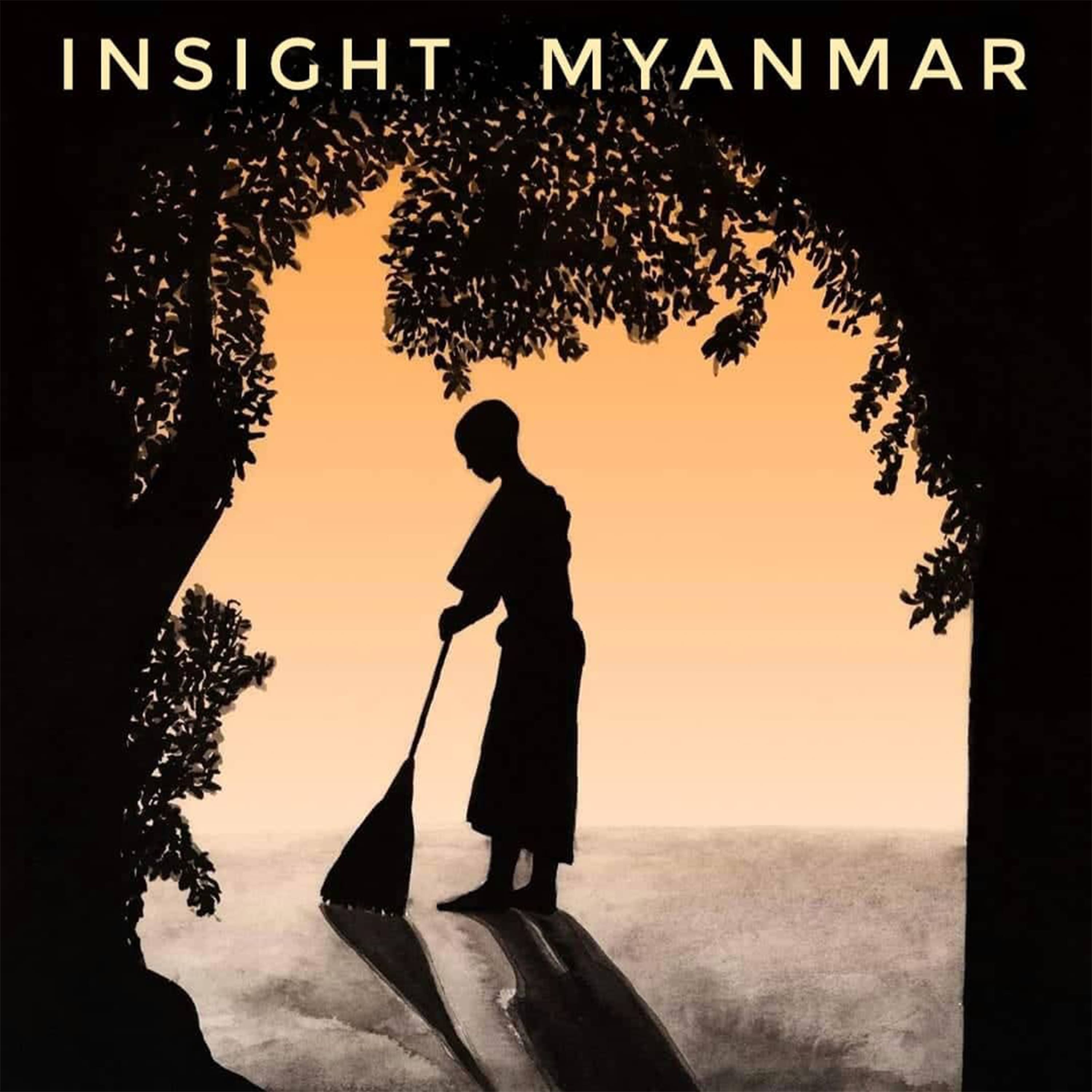- After-Shows
- Alternative
- Animals
- Animation
- Arts
- Astronomy
- Automotive
- Aviation
- Baseball
- Basketball
- Beauty
- Books
- Buddhism
- Business
- Careers
- Chemistry
- Christianity
- Climate
- Comedy
- Commentary
- Courses
- Crafts
- Cricket
- Cryptocurrency
- Culture
- Daily
- Design
- Documentary
- Drama
- Earth
- Education
- Entertainment
- Entrepreneurship
- Family
- Fantasy
- Fashion
- Fiction
- Film
- Fitness
- Food
- Football
- Games
- Garden
- Golf
- Government
- Health
- Hinduism
- History
- Hobbies
- Hockey
- Home
- How-To
- Improv
- Interviews
- Investing
- Islam
- Journals
- Judaism
- Kids
- Language
- Learning
- Leisure
- Life
- Management
- Manga
- Marketing
- Mathematics
- Medicine
- Mental
- Music
- Natural
- Nature
- News
- Non-Profit
- Nutrition
- Parenting
- Performing
- Personal
- Pets
- Philosophy
- Physics
- Places
- Politics
- Relationships
- Religion
- Reviews
- Role-Playing
- Rugby
- Running
- Science
- Self-Improvement
- Sexuality
- Soccer
- Social
- Society
- Spirituality
- Sports
- Stand-Up
- Stories
- Swimming
- TV
- Tabletop
- Technology
- Tennis
- Travel
- True Crime
- Episode-Games
- Visual
- Volleyball
- Weather
- Wilderness
- Wrestling
- Other
A Post-Coup Thriller (Bonus Shorts)
Episode #179: Deputy Chief Inspector Lu Fei, the Chinese protagonist of author Brian Klingborg's thriller series, represents an archetype often seen in fictional detectives—an honest officer seeking justice in an unjust society. The series, set in the Chinese city of Harbin, near the Russian border, aims to entertain readers while also shedding light on various aspects of modern Chinese society. Klingborg, drawing on his background in East Asian Studies and his experiences abroad, wanted to create a Chinese character relatable to foreign audiences while staying true to his cultural roots.In the second book of the series, "Wild Prey," Klingborg explores Chinese connections with post-coup Myanmar. The plotline balances such disparate subjects as the COVID-19 pandemic and illegal animal trafficking trade between China and the ethnic regions of Myanmar.Klingborg's research involved studying real-life drug lords, as well as historical figures like the female warlord, Olive Yang, who inspired him to create a layered, female warlord character who challenges gender roles. He emphasizes the importance of developing well-rounded characters, even the villains, with motivations that extend beyond a simple dichotomy of good and evil.
Klingborg mentions that while the average Chinese citizen may not think much about Myanmar, there are parts of the country which attract a certain Chinese clientele. He highlights Mongla, the infamous border town, which is offered compared to Las Vegas or Tijuana. “Busloads of Chinese tourists, mostly men, would go down there and… drink tigerbone wine, gamble, and pick up prostitutes, basically,” he notes. He adds that a wide variety of animal products are available there, like ivory, as well as all kinds of exotic food that isn’t legally allowed to be eaten in China.
Circling back to the current conflict since the military coup, Klingborg notes in closing how “Myanmar is a fascinating place with tragic history. We all hope that things can change sometime in the near future.

